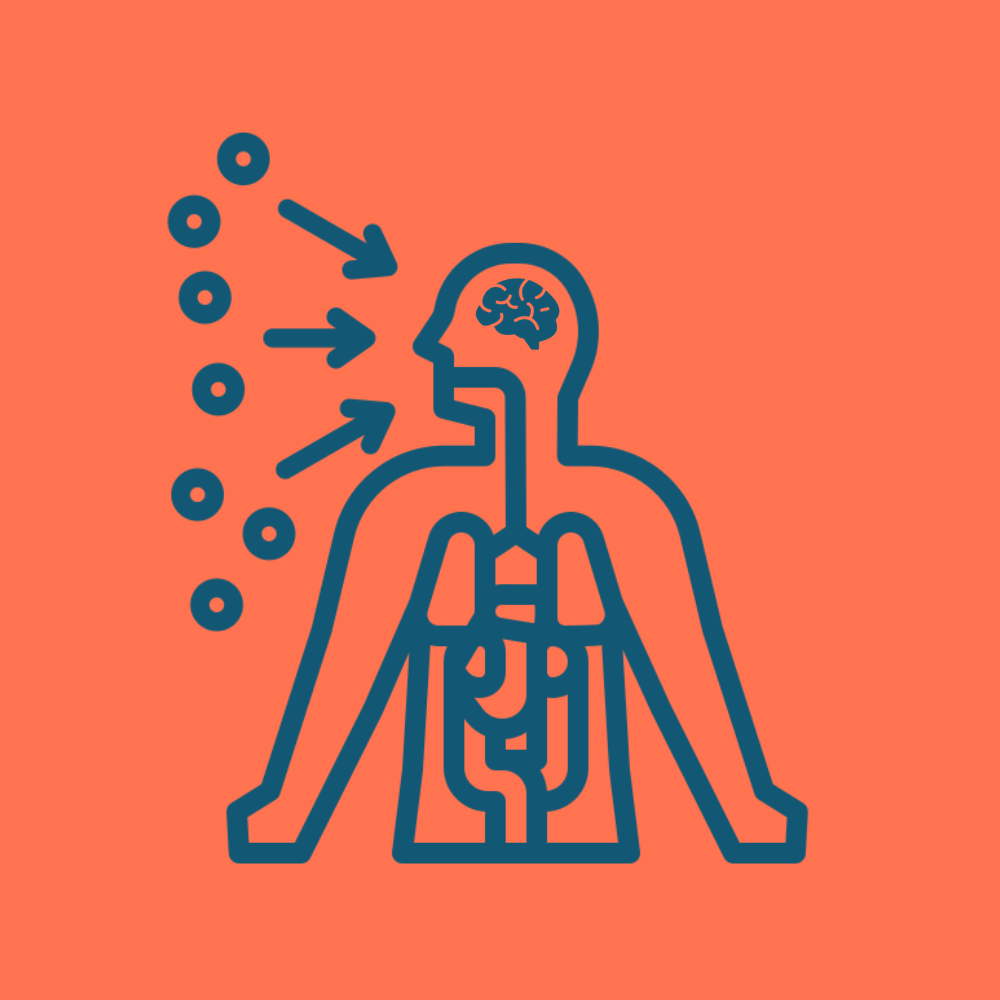-
 Call Now ! +31 88 3886069
Call Now ! +31 88 3886069

Particulate air pollution constitutes a major human health burden of global relevance. However, knowledge about the crucial properties and components of this pollutant mixture that drive its adverse health effects is currently still incomplete. While inhalation represents the primary uptake route for airborne particles, oral exposure to various types of anthropogenic particles has also become a topic of growing concern. Our previous and ongoing research addresses the health effects of anthropogenic and natural particles (e.g. traffic-derived air pollution particles, microplastics, advanced (nano)materials, Saharan dust) on the respiratory tract, the gastrointestinal tract and the central nervous system. This research focuses on the identification of underlying intercellular and interorgan crosstalk mechanisms. Herein, we are also committed to the development of non-animal methods (NAMs) for the hazard assessment of particles, through advancement of realistic in vitro models of the lung and the intestine.
Lead Scientist
Roel Schins
Icon made by combining inhalation icon made by gravisio from www.flaticon.com, body icon made by photo3idea_sstudio from www.flaticon.com and brain icon made by Irfansusanto20 from www.flaticon.com




